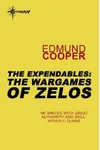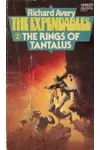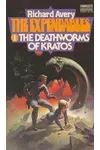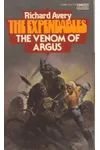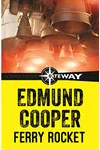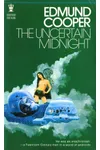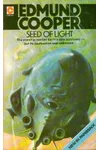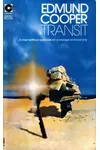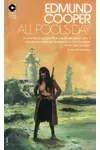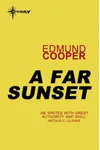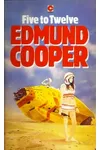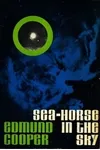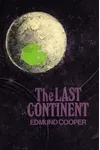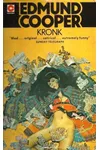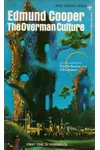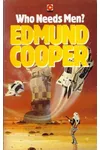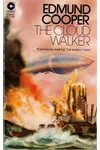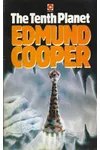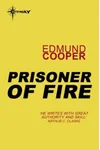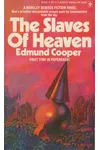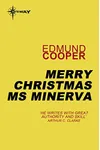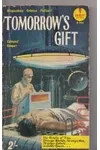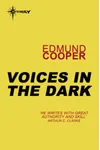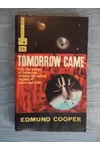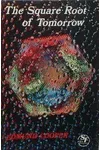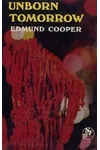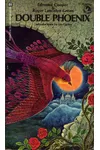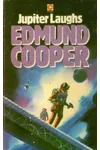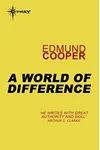Picture a British storyteller who spun tales of androids, distant planets, and societal upheaval with a poet’s touch—meet Edmund Cooper! Born in 1926, this versatile science fiction author wrote under multiple pseudonyms, crafting narratives that blended bold ideas with human struggles. From his early days in the Merchant Navy to becoming a prolific writer and critic, Cooper’s work continues to captivate readers with its originality and wit.
The Making of Edmund Cooper
Edmund Cooper was born on April 30, 1926, in Marple, Cheshire, England. Leaving school at 15, he took on various jobs, from laborer to civil servant, before joining the Merchant Navy in 1944 during World War II. After the war, he trained as a teacher and began writing, starting with poetry and short stories. His first science fiction novel, Ferry Rocket (1954), published under the pseudonym George Kinley, marked his entry into speculative fiction. Cooper’s early life, marked by resilience and curiosity, shaped his unconventional heroes and thought-provoking themes.
Edmund Cooper’s Unforgettable Stories
Cooper’s novels and short stories are known for their vivid settings, diverse characters, and explorations of race, sexuality, and societal norms. His first major work, The Uncertain Midnight (1958), tackled the rise of androids in a post-holocaust world, earning praise for its fresh take on artificial life. Transit (1964) follows four Londoners thrust onto a dangerous alien planet, blending survival drama with sharp social commentary. A Far Sunset (1967) explores cultural clashes on a distant world, showcasing Cooper’s knack for evocative storytelling. Under the pseudonym Richard Avery, he wrote the Expendables series, starting with The Deathworms of Kratos (1975), a thrilling saga of planetary colonization. His style—direct, imaginative, and often satirical—made his work both accessible and profound.
Cooper’s stories often featured unconventional male protagonists navigating unfamiliar environments, reflecting his individualist and atheist worldview. While some later works, like Five to Twelve (1968), stirred controversy for their views on gender, his ability to weave complex ideas into gripping narratives kept readers hooked. His short story The Brain Child (1956) was adapted into the film The Invisible Boy (1957), featuring Robby the Robot, cementing his influence in sci-fi culture.
Why Edmund Cooper Matters
Edmund Cooper’s impact lies in his fearless exploration of speculative fiction’s possibilities. As a reviewer for the Sunday Times from 1967 until his death in 1982, he shaped sci-fi discourse, championing bold voices. His diverse casts and willingness to tackle taboo topics pushed boundaries in a genre often dominated by formulaic tales. Though less celebrated today, his work inspired later authors and remains a treasure for fans of classic sci-fi. Cooper’s legacy endures in his ability to make readers question humanity’s place in the cosmos.
- Born: April 30, 1926, Marple, Cheshire, England
- Key Works: The Uncertain Midnight, Transit, A Far Sunset, Expendables series
- Pseudonyms: Richard Avery, George Kinley, Martin Lester, Broderick Quain
- Died: March 11, 1982
Ready to explore distant worlds and daring ideas? Grab Transit or A Far Sunset and dive into Edmund Cooper’s thrilling sci-fi universe!
